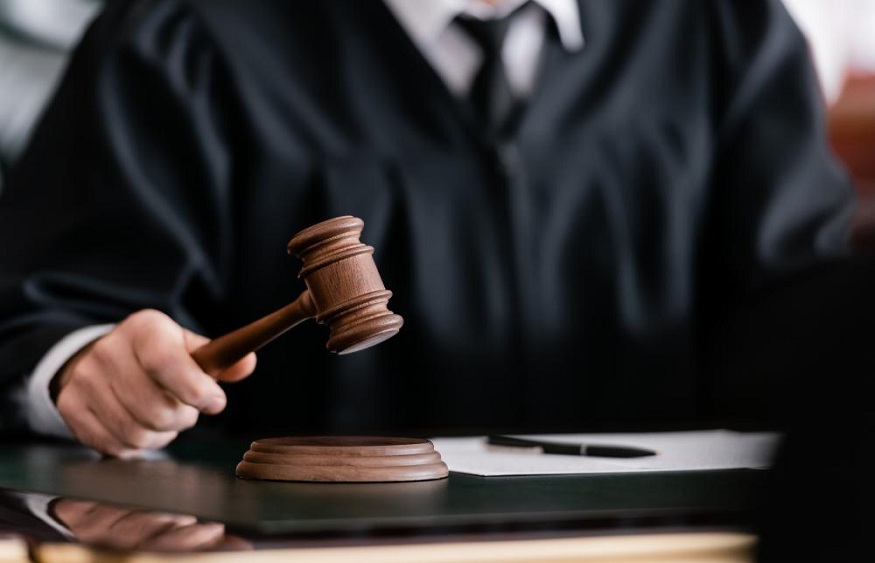
What Is a Debtor’s Examination in the Judgment Collection Space?
As a small business owner, have you won a civil judgment against a debtor who has not paid their bill? If so, perhaps you already know that collecting that debt isn’t so simple. There is a lot to know about judgment collection – including a whole host of terms and definitions. One such term is ‘debtor’s examination’.
A debtor’s examination is often required to learn what types of assets a debtor has available for judgment enforcement. Whether or not a debtor’s examination takes place depends on a number of factors including state law and whether a debtor cooperates with enforcement actions.
More About the Examination
A debtor’s examination is a legal proceeding usually conducted after a judgment has been entered against a defendant. The examination is intended to provide information about the debtor’s income, assets, and current debt load. There are several reasons for conducting such an examination:
- To understand if the debtor is able to pay.
- To reveal any assets that could be used to pay the debt.
- To obtain information including address and place of employment.
How the examination actually takes place depends on state law. The same goes for how the examination is conducted. In some states, interrogatories precede a debtor’s examination. What are interrogatories? They are also legal proceedings involving submitting written questions the debtor is expected to answer truthfully. Questions are submitted and answered through attorneys.
When the Examination Takes Place
As for when a debtor’s examination takes place, that depends on state laws once again. In some states, there are no interrogatories. The debtor’s examination takes place immediately after the lawsuit concludes, or at a later date if the defendant plans to appeal.
In states that utilize interrogatories, the debtor’s examination is usually a secondary preceding. It might be compelled by a court if the debtor refuses to cooperate with interrogatories. Even when a debtor does cooperate, there may be a point in the future when a debtor’s examination might be necessary.
For example, some states require the examination before creditors can file for a Writ of Execution. Writs of Execution allow creditors to seize and sell certain assets. But not all assets are up for grabs. Most states have a list of exempt assets that cannot be touched. The point of the debtor’s examination is to determine which assets are exempt and which are not.
Things Can Get Complicated
The debtor’s examination is just one aspect of collecting judgements. It is also far from being the most complicated part of the process. If you are already confused by what you have read in this post, perhaps you can understand a little bit better why most judgments never get collected. Collection is challenging, time consuming, and governed by complicated rules and regulations.
Companies like Salt Lake City’s Judgment Collectors exist for this very reason. Judgment Collectors is a specialized collection agency that focuses exclusively on judgments. They operate in Utah, California, and nine other states.
Specialized collection agencies make it their business to know which tools are available in every state in which they operate. They also know how to use those tools to maximum effect. A small company unsuccessfully attempting to collect an outstanding judgment would do well to consider hiring a collection agency.
As for the debtor’s examination, it is a tool through which a judgment creditor can learn about the debtor’s income and assets. It is an invaluable tool for determining how to proceed with collection. The information such an examination yields could prove to be extremely important in motivating the debtor to pay.
